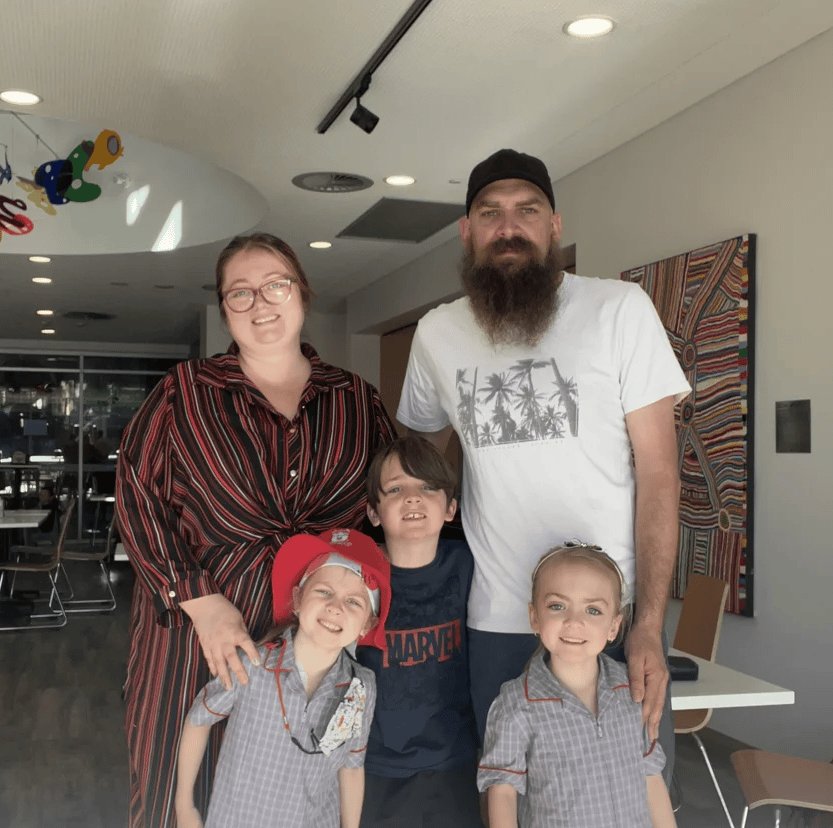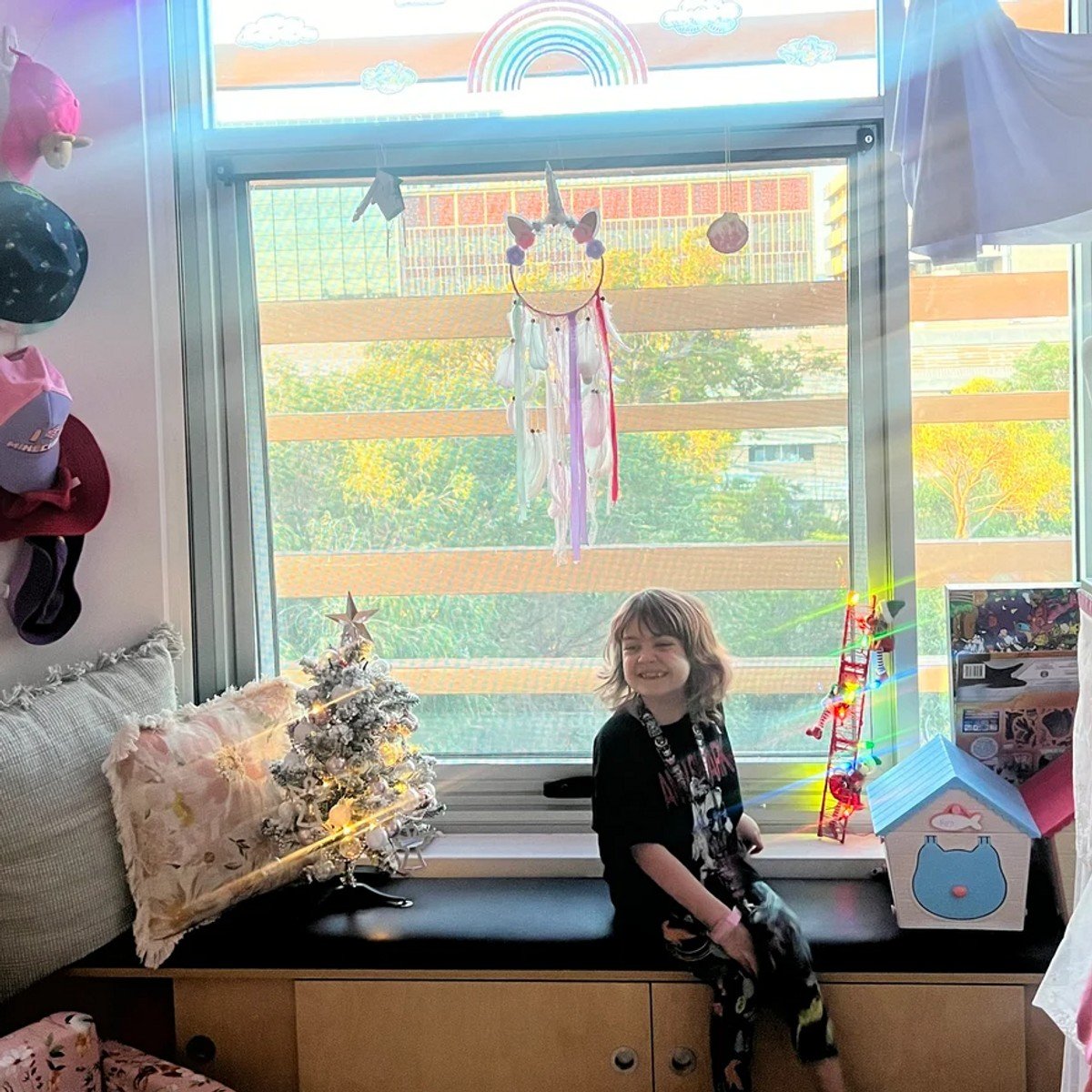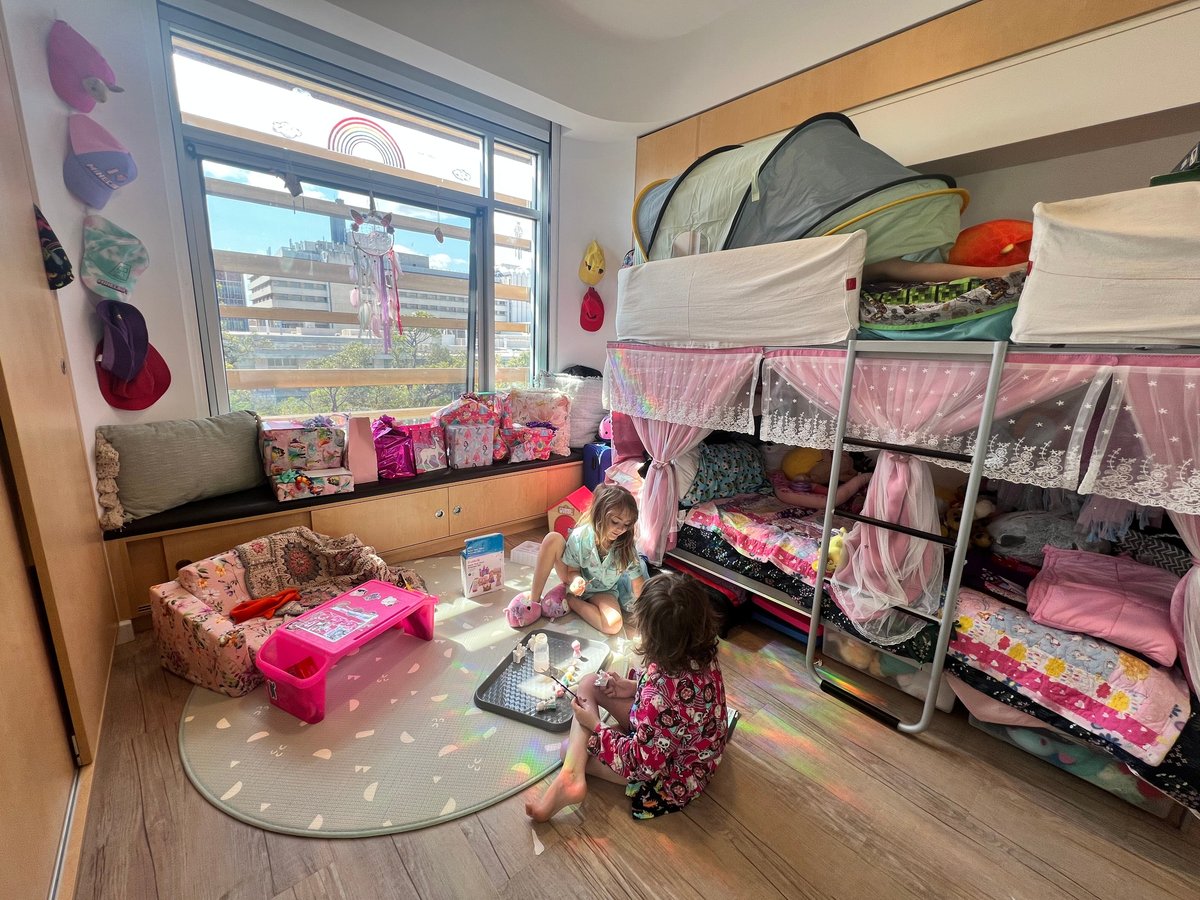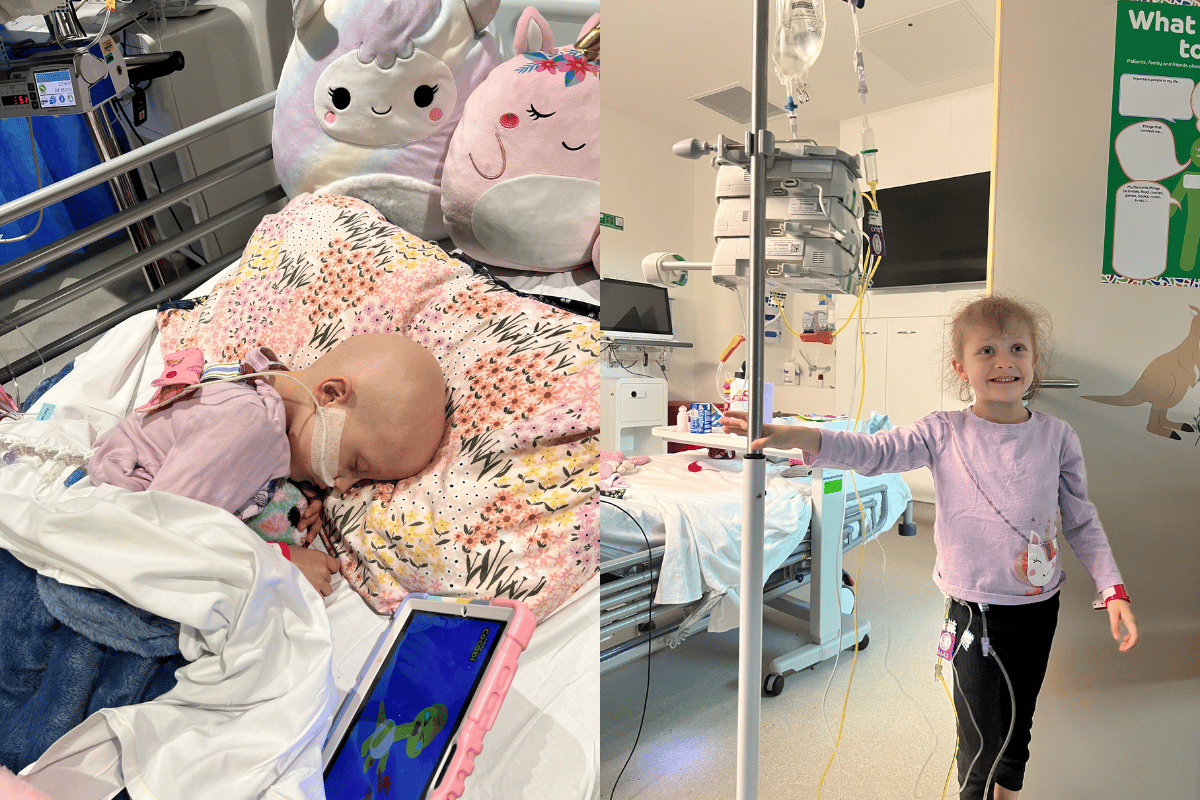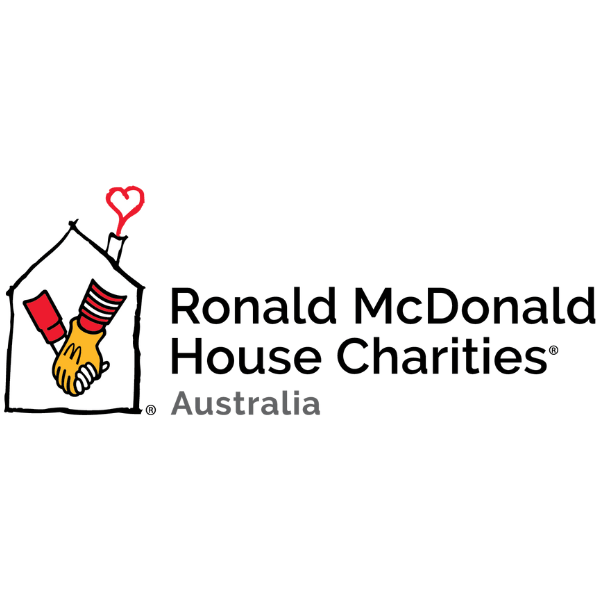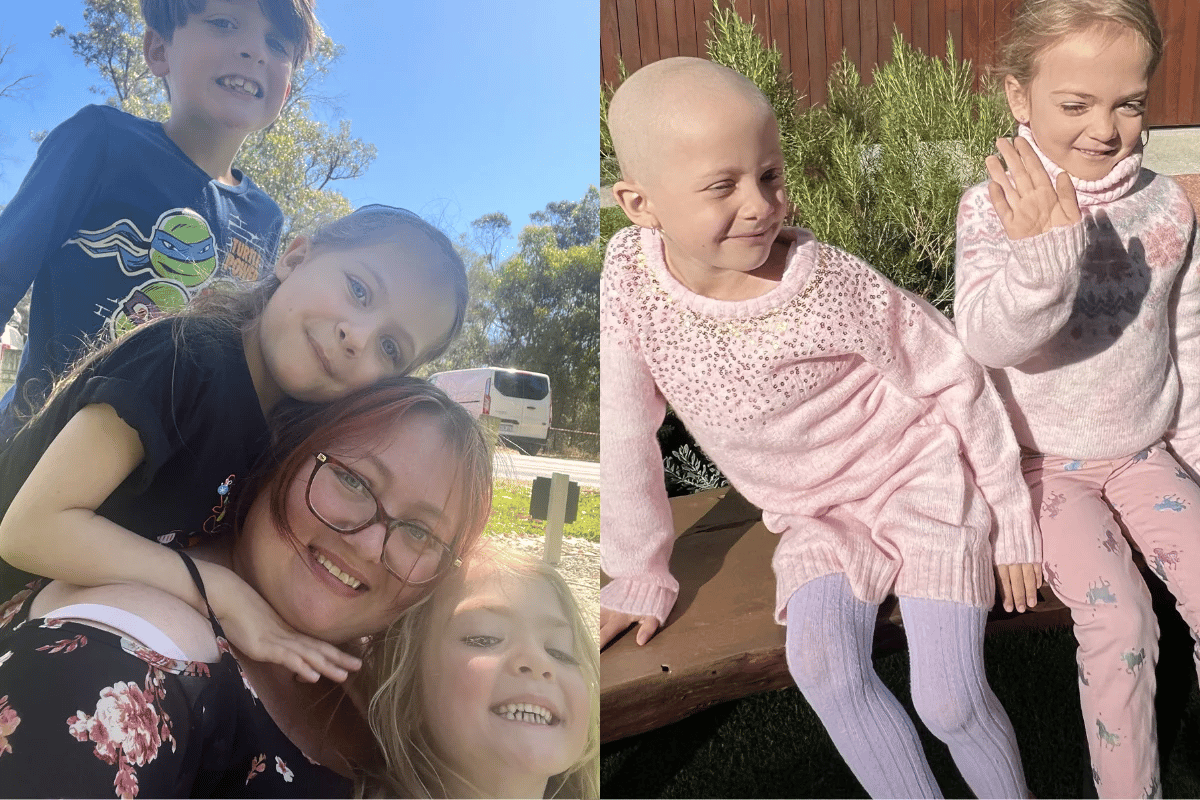
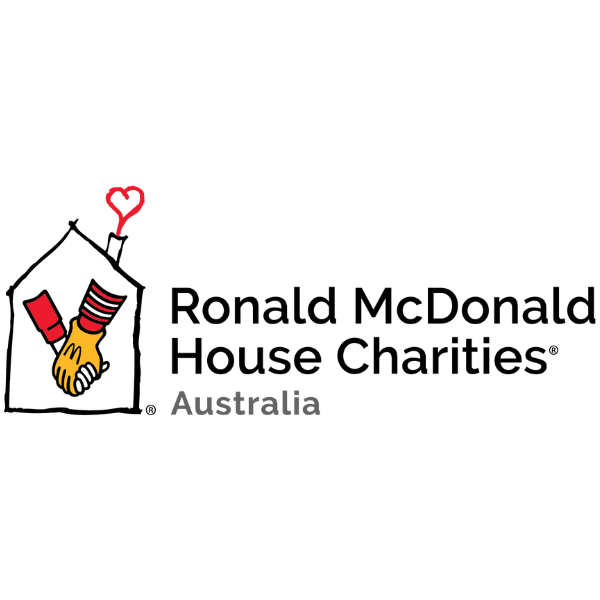
When children become sick or seem more tired than usual, it can be easy to assume they've just caught another bug from school or daycare, or that the exhaustion of a jam-packed schedule has finally caught up with them.
But when five-year-old Rosie began experiencing a host of random symptoms, her mother could never have guessed what was really going on.
"She'd had a nasty ear infection, and we noticed she'd been a bit pale for a while after, but we put it down to her being on the mend," said mum Ayla-Jade. "Then we noticed these really minor nosebleeds, but again, we put it down to the warming weather and didn't think much of it."

